by Ken Sehested
“God gave Noah the rainbow sign / No more water but the fire next time.”
—lyrics from the Negro spiritual “Mary Don’t You Weep”
I haven’t been able to get Greta Thunberg’s face out of my mind, especially since Ash Wednesday.
Which references the searing choice poised in the subtitle for this essay: The ashes of penitence, or that of blistering land and boiling seas; escalating poverty, flooded coastal cities and island nations; mounting social tensions  due to resource scarcity, prompting more violent conflict, generating more refugees, justifying more walls; rising tides of nationalism, religiously-sanctioned terror and white supremacy; makers vs. takers, haves-against-have-nots, and ultimately the war of each against all. All these and more generating a social “feedback loop”—each calamity compounding all others, paralleling what climatologists narrate as the key factor in escalating environmental catastrophe.
due to resource scarcity, prompting more violent conflict, generating more refugees, justifying more walls; rising tides of nationalism, religiously-sanctioned terror and white supremacy; makers vs. takers, haves-against-have-nots, and ultimately the war of each against all. All these and more generating a social “feedback loop”—each calamity compounding all others, paralleling what climatologists narrate as the key factor in escalating environmental catastrophe.
Too apocalyptic?
Well, consider the conclusion of the United Nations’ “Intergovernmental Panel on Climate Change” from last October. After reviewing 6,000 peer reviewed reports on the details of climate change, the world’s leading climate scientists calculate humankind has a dozen years to avoid catastrophic environmental collapse. [1]
Ninety-seven percent of trained climate scientists believe that (1) global warming is real, (2) that the production of greenhouse gases are the cause, (3) that human activity is a significant generator of these changes, and (4) that if we fail to keep the rising global temperature below 1.5°-2° Celcius (2.7°-3.6° Fahreinheit), the world faces extreme danger. [2]
Could these projections be off by a small measure? Sure. The factors that go into predicting climate change are extraordinarily complex. Think of the difficulty meteorologists have in predicating temperatures and precipitation beyond the next 10 days. But documenting general patterns over a longer period of time is possible. And there is overwhelming consensus that the Earth’s elemental forces are pushing the boundaries of sustainable life.
According to a 2014 study by the World Bank, at current levels of greenhouse gas emissions, Earth’s global temperatures will rise 7.2°F by the end of this century. [3] Maybe the most frightening fact of all is that we likely won’t know when the Earth’s climate passes a point of no return until it’s in the rear view mirror.
What are we willing to risk? Currently the climate deniers’ logic runs through this cycle: Global temperatures are not rising. But if they are, it’s not caused by human activity. But if it, there’s nothing we can do about it. But if we could, it would cost too much. But if it doesn’t, we’re already past the point remediation. It’s out of our hands.
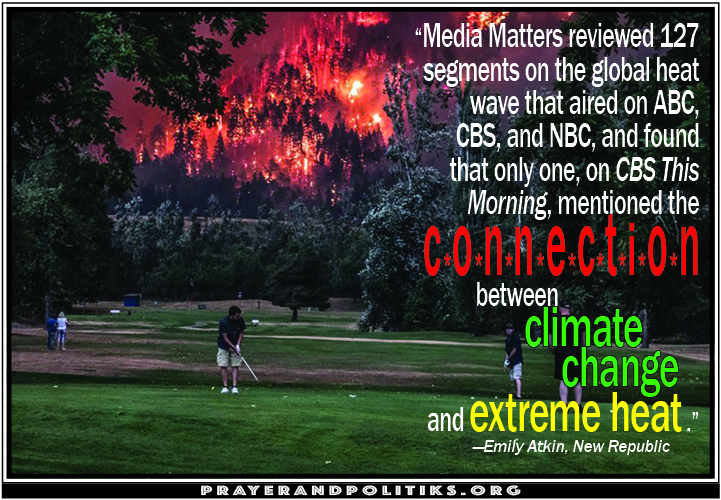
§ § §
Watch this brief video animation of the increase in global warming from 1885-2014.
—NASA Earth Observatory
§ § §
Part of the perceptional problem in generating sufficient political will to affect substantial change is that the warming target of less than 1.5°-2°C increase sounds easily within reach. If the rise has been only 0.8°C since the Industrial Age began, [4] limiting the rise to 1.5°-2°C seems manageable.
Ah, but that’s because we tend to think of addition instead of multiplication. Ten to-the-power-of one is 10. Ten to-the-power-of 10 is not 20. Ten to-the-power-of 10 is 10,000,000,000.
Or, in another gauge of scientific measurement, think of how the power of earthquakes are calculated using the Richter Scale. A 1.5 magnitude quake is more than five times bigger, and releases more than 11 times more energy, than a 0.8 quake. [5]
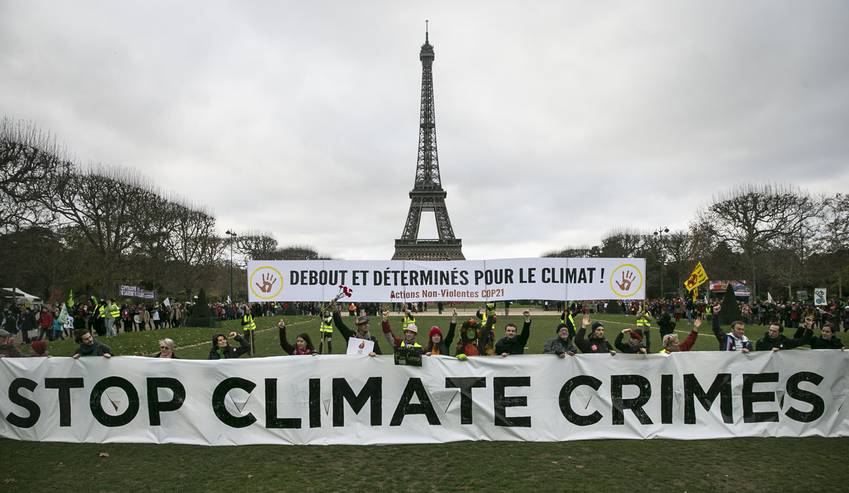
§ § §
“‘Hallelu-Yah!’ says the last of the Psalms, #150. ‘Let us praise [or Thank] Yahhhh.’ Not ‘Adonai, Lord,’
but Yahhhh, the Breath of Life, the Wind of Warmth, the Hurricane of Change, the Interbreathing
Spirit of the world. The Breath that keeps all life alive: We Breathe in what the Trees Breathe out;
the Trees Breathe in what We Breathe out. The Interbreath that is in crisis precisely in our generation,
as our machines and our corporations and ourselves on the drug of carbon breathe more CO2 into the
world than our trees can breathe in and turn to oxygen. So Mother Earth is fevered, burning hotter.
Choking. ‘I can’t breathe,’ coughs the planet. And ‘Hallelu-Yahhhh,’ says the last of the Psalms.”
—Rabbi Arthur Waskow, “A Time for Giving Thanks. Thanks for What?”
§ § §
Anyone who’s been to a graveside internment following a funeral service has probably heard these words: “We therefore commit [deceased’s name] body to the ground; earth to earth, ashes to ashes, dust to dust; in the sure and certain hope of the Resurrection to eternal life, through our Lord Jesus Christ.” The language, referencing Genesis 3:19, goes all the way back to the 1662 Anglican Book of Common Prayer.
Ashes to ashes, however, has taken on a new meaning in our time, made especially and horrifyingly dramatic (here in the US) in the November 2018 Camp Fire in the Sierra Nevada foothills of Northern California—near a small city named, of all things, Paradise—now ranked among the world’s deadliest wildfires.
Fire inspection official have yet to formally conclude the cause of the fire; but faulty equipment in the state’s Pacific Gas & Electric power company structures are suspected. State inspectors have already attributed 17 wildfires in 2017 to 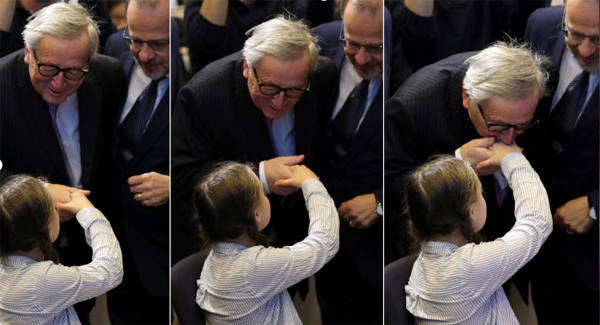 the utility’s faulty equipment.
the utility’s faulty equipment.
Right: Greta Thunberg is greeted by European Commission President Jean-Claude Juncker at the February meeting of the European Economic and Social Committee meeting in Brussels, drawing legislators and business leaders from across the continent. At this meeting, Juncker indicated that the European Union is pledging a quarter of $1 trillion budget over the next seven years to address the crisis of a rapidly heating planet. In the financial period beginning in 2021, Juncker said, the EU will devote a quarter of its budget to solving the crisis.
Listen to this brief (2:14) excerpt from Greta Thunberg’s speech at the Conference of the Parties to the United Nations Framework Convention on Climate Change (COP24) conference in Katowice, Poland
Ashes to ashes. The very phrase proclaiming assurance that the divine love infusing all creation is now rendered as the consuming aftermath of the fires of human malfeasance: Resurrection’s claim challenged by human addiction to power.
We forget that Scripture authorizes the land itself to forestall human hubris: “If you defile the land, it will vomit you out.” [6]
§ § §
“The effects of a changing climate are a national security issue with potential
impacts to Department of Defense missions, operational plans, and installations.”
—opening sentence of the Pentagon’s 17 January 2019 report to Congress [7]
§ § §
My congregation rents its meeting space from another congregation. Which means that on some special liturgical occasions (like Ash Wednesday), we don’t have space to meet. We encourage our members to gather with any one of a number of other faith communities on these occasions.
Several of us decided to join the noonday Ash Wednesday service at a congregation near our city center, a community of faith that includes a sizeable number of homeless folk.
Approaching Haywood Street Church’s parking lot, I noticed police cars and an ambulance parked out front. Tragically, one of the church’s regulars (hundreds also enjoy a meal) suffered a heart attack and died on the sidewalk. 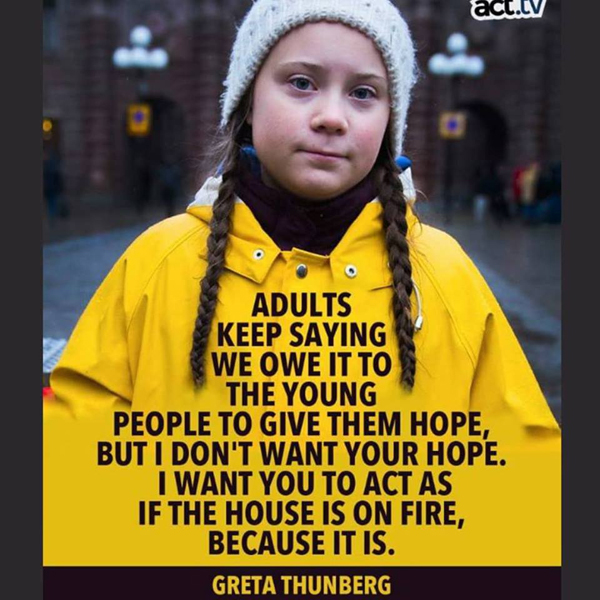 He was of course named and mourned at the start of the worship service. Every regular attendee knew him by name and also knew of his long struggle with addiction. Though his death was not a direct result of his addiction, neither was it unrelated.
He was of course named and mourned at the start of the worship service. Every regular attendee knew him by name and also knew of his long struggle with addiction. Though his death was not a direct result of his addiction, neither was it unrelated.
The connection between impending ecological mortality and industrialized nations’ addiction to fossil fuels is directly and emphatically related. This thought reverberated through my whole body during the service, especially when accepting the imposition of ashes near the end. The Lenten appeal for penitence—personal as well as corporate—could not have been clearer. I am implicated. We are implicated. And we pray, “Who will rescue me from this body of death?” [8]
§ § §
“I used to think the top environmental problems were biodiversity loss, ecosystem collapse
and climate change. I thought that with 30 years of good science we could address
those problems. But I was wrong. The top environmental problems are
selfishness, greed and apathy . . . and to deal with those we need
a spiritual and cultural transformation—and we
scientists don’t know how to do that.”
—Gus Speth, co-founder of the Natural Resources Defense Council
§ § §
Fifteen-year-old Greta Thunberg was considered little more than a curiosity when she began skipping school to hold vigil outside Sweden’s parliament last August. She sat rather forlornly against the building with her hand-painted sign, which read skolstrejk för klimatet (school strike for climate), calling on Swedish legislators to take climate change seriously.
What an odd duck, we might say in English; or one joker short of a full deck. No doubt some thought hers was a cute gesture, “brave” only in the sense of how people with fanciful grasp of reality act—in effect, foolhardy. Harmless, really; but harebrained, nonetheless.
Truth is, Thunberg is a little out of kilter. Literally, she has been diagnosed with “selective mutism,” a condition on 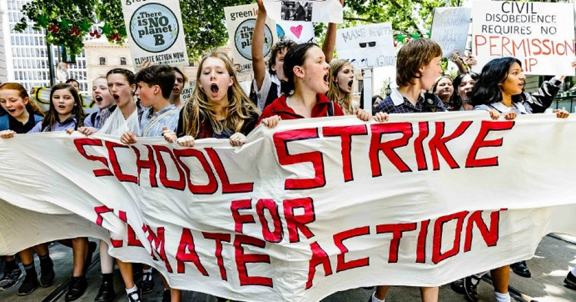 the Asperger diagnostic scale of mental health disorders. Her symptoms exhibit a “childhood anxiety disorder characterized by an inability to speak and communicate effectively in select social settings.” In a recent interview, Thunberg said, “I have always been that girl in the back who doesn’t say anything. I thought I couldn’t make a difference because I was too small.”
the Asperger diagnostic scale of mental health disorders. Her symptoms exhibit a “childhood anxiety disorder characterized by an inability to speak and communicate effectively in select social settings.” In a recent interview, Thunberg said, “I have always been that girl in the back who doesn’t say anything. I thought I couldn’t make a difference because I was too small.”
Can you imagine a less likely figure to be the inspiration of one of the greatest mobilizations of the modern age? I’m speaking of the “Youth Strike 4 Climate” (aka "Student/School Strike for Climate" and "Strike for Climate Action"), a youth-led movement which, in a matter of months, has taken hold (at last count) in 71 countries and in more than 700 localities. [9] They will be taking to the streets, around the world, on 15 March. [10]
When the mind has been adjusted to the demands of a hell-bent world, to the “rationality” driving ecocide, we need voices of those able to take leave of such minds. [11] We need prophets to speak against profits.
§ § §
“I don’t want you to be hopeful. I want you to panic. I want you
to feel the fear I feel every day. And then I want you to act.”
—Greta Thunberg, speaking at the January 2019 World Economic Forum in Davos, Switzerland [12]
§ § §
Among the opportunities Greta Thunberg is providing, especially to communities of faith, is a searing critique of what passes for hope. The word is now dominated by association with fantasy, daydreaming, and magical thinking.
Recently, talking to myself as I circled several blocks in my city’s downtown district (where vehicular parking is at a  premium), I muttered “I hope I can find a space.” A few weeks ago I hoped for dry weather when a group in our church helped one of our members move.
premium), I muttered “I hope I can find a space.” A few weeks ago I hoped for dry weather when a group in our church helped one of our members move.
As the old saying goes, “Everyone talks about the weather but nobody does a thing about it.” Hope, however, is more consequential than sentiment, more generative than scattered opinions.
Expressions of hope can also be a cover for willful blindness. Kelly Craft, President Trump’s nominee to be the next US ambassador to the United Nations, recently said she believes “‘both sides' of climate change science” [her husband is a billionaire president of a large coal company]. [13] We know too, much, as T.S. Eliot wrote, but are convinced of too little.
§ § §
“If humans went extinct tomorrow nothing too much
would happen to the planet, but insect extinction could be cataclysmic.” [14]
§ § §
In Domination and the Art of Resistance, a study of how colonized people resist suppression, James C. Scott concludes that the social arena in such conditions is not limited to passive acquiescence, on the one hand, or open revolt on the other. There is, he says, a stratum of the population which exhibits a “disguised, low-profile, undeclared” form of resistance which he terms “infrapolitics.” The deference that seems obvious to a casual onlooker in such situations can be more of a survival tactic, a condition which, given the right circumstances, can quickly be thrust aside in response to an occasion where the prospect of success in open revolt seems plausible. [15]
I believe the seemingly spontaneous mobilization of student activists in the “Youth Strike 4 Climate” movement is an illustration of Scott’s observation. It could very well be the case that this same potentiality emerged as the January 2017 Women’s March on Washington, the largest single-day demonstration in history. Not to mention the modern civil rights movements, especially when you consider that every form of nonviolent struggle in that uprising was tried, without success, in numerous places earlier in the century. [16]
§ § §
"The fossil fuel industry has made it quite clear that they will not relinquish those trillions
in future profits without an intense fight. To be at all serious about climate justice means
being willing to engage in a real struggle that will inevitably demand real sacrifices.
Moral leadership in this movement requires admitting the truth that if we are at all
successful in undermining the future profits of the fossil fuel industry, there will be a
backlash that will likely cost some of us our lives. Regardless of what roles we play
in the movement or what tactic we use, if we are to be truly effective, we will be
drawing a target on our backs at which the fossil fuel industry will take aim.
—Tim DeChristopher, Harvard Divinity Bulletin Winter/Spring 2015
§ § §
Hope is not wishful thinking; nor is it willful blindness. Hope is the capacity to peer above and beyond the prospect 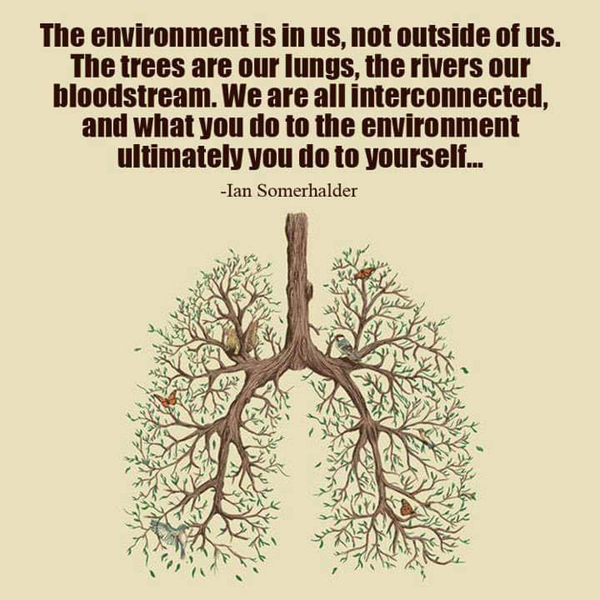 of doom to a far horizon where a beatific vision awaits, to what Dr. King spoke of as the dream of a Beloved Community, and to leverage that vision, that dream, in a way that allows us to spot the infrapolitics—“The kingdom of God is within/among you” [17]—of potential rebellion already at work in the world, however disguised to those enslaved by addiction, unheard by those with ears plugged against the melody of a profoundly new future.
of doom to a far horizon where a beatific vision awaits, to what Dr. King spoke of as the dream of a Beloved Community, and to leverage that vision, that dream, in a way that allows us to spot the infrapolitics—“The kingdom of God is within/among you” [17]—of potential rebellion already at work in the world, however disguised to those enslaved by addiction, unheard by those with ears plugged against the melody of a profoundly new future.
The Christian story is this: The work of grace frees those of supple heart from overblown fears. It allows us to peer over the walls of enmity, to read the evidence of things not seen, along with the substance of hope beyond fantasy. [18]
The road of penitential living [19]—which is our only road to freedom—is not an easy one. It will disrupt existing patterns of interaction with both human and nonhuman parts of creation. It will unsettle current social and economic arrangements. It will interrupt patterns of privilege. Those currently in power will view such agitation as decidedly uncivil, as impetuous, as rash and ill-advised. All of us who profit on the labor of others, in a myriad of unseen ways, will have to learn new habits, made ready for what the Apostle Paul called a renewing of the mind, [20] for our own minds have been colonized.
We will be discomforted. Addicts always protest required changes as threat, as irresponsible and unrealistic. That’s how the extraordinary Green New Deal proposal—whose implementation, in whatever detail we negotiate—is already being disparaged. [21]
No one can make a revolution; but we can prepare for it, for that unpredictable tipping point moment when, against all reasonable odds, hope-buoyed people arise and breach conceited walls of privilege. Hope can never be sure of its success; but despair is a form of laziness, and a privilege we can no longer afford.
Effective advocates for the Beloved Community will always knead patience and perseverance into their courage and passion, knowing that a certain infrapolitics is at work in every context of injustice—that there are more of us than most believe—and, eventually, much will be reaped if we do not faint. [22]
# # #
ENDNOTES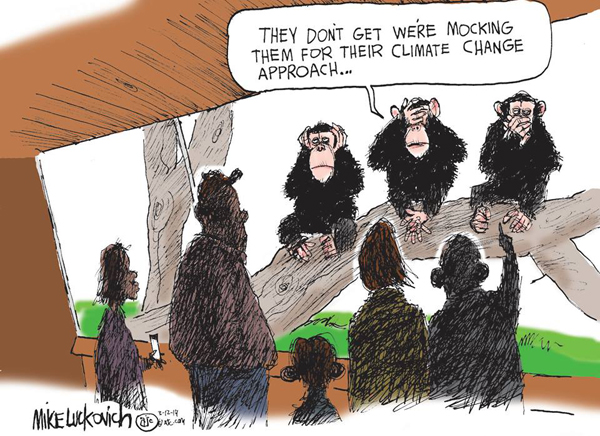
[1] See a summary of the of the United Nations’ Intergovernmental Panel on Climate Change report in Jonathan Watts, “We have 12 years to limit climate catastrophe, warns UN,” The Guardian.
[2] “Scientific consensus: Earth’s climate is warming,” NASA Global Climate Change.
[3] Rebecca Leber, “This Is What Our Hellish World Will Look Like After We Hit the Global Warming Tipping Point,” New Republic.
[4] Estimate by NASA’s Goddard Institute for Space Studies, “Earth Observatory.”
[5] See the calculator at United States Geological Survey site.
[6] Leviticus 18:28.
[7] Paulina Glass, Defense One. The Pentagon began nearly a decade ago prioritizing “global warming as a destabilising force, adding fuel to conflict and putting US troops at risk around the world.” Suzanne Goldenberg, The Guardian
[8] Romans 7:24.
[9] Jonathan Watts, “’” The Guardian.
[10] https://www.schoolstrike4climate.com/support-us
[11] “To be sane in a mad time / Is bad for the brain, worse / For the heart. The world / Is a holy vision, had we clarity / To see it.” —excerpt from Wendell Berry, “The Mad Farmer Manifesto: The First Amendment,” in New Collected Poems
[12] See coverage of the Forum in the 25 January 2019 issue of “Signs of the Times.”
[13] Cited in Adam Forrest, MSN. https://bit.ly/2GOxD5D
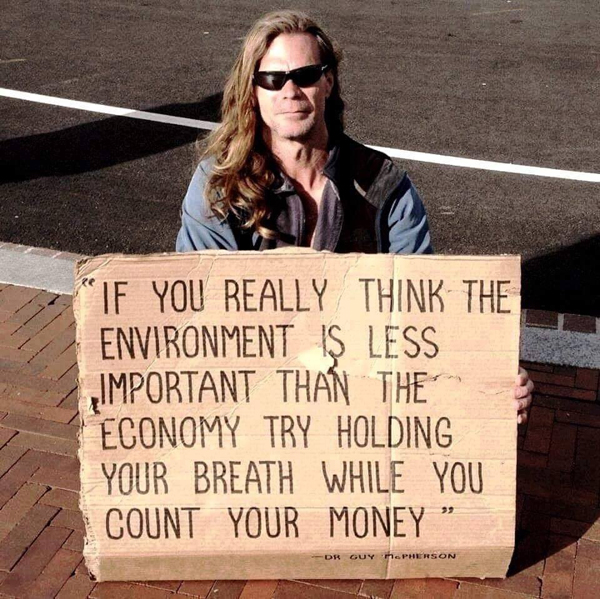 [14] David MacNeal, interviewed by Simon Worrall in National Geographic.
[14] David MacNeal, interviewed by Simon Worrall in National Geographic.
[15] See pp. 232-248. Thanks to Samuel Wells, Improvisation: The Drama of Christian Ethics, for alerting me to this Scott’s groundbreaking sociological research.
[16] See also Erica Chenoweth’s “It may only take 3.5% of the population to topple a dictator – with civil resistance,” The Guardian.
[17] Luke 17:21.
[18] See Hebrews 11:1.
[19] Though in a different context, I’ve written at greater length on penitence in “The Ties That Bind: The integrity of Penitence, on the 50th Anniversary of the Massacre at My Lai.”
[20] Romans 12:2.
[21] “.” Bill McKibben, Yes! Magazine. In the US, the Sunrise Movement is the student organization advocating support for the Green New Deal.
[22] cf. Galatian 6:9.
©ken sehested @ prayerandpolitiks.org
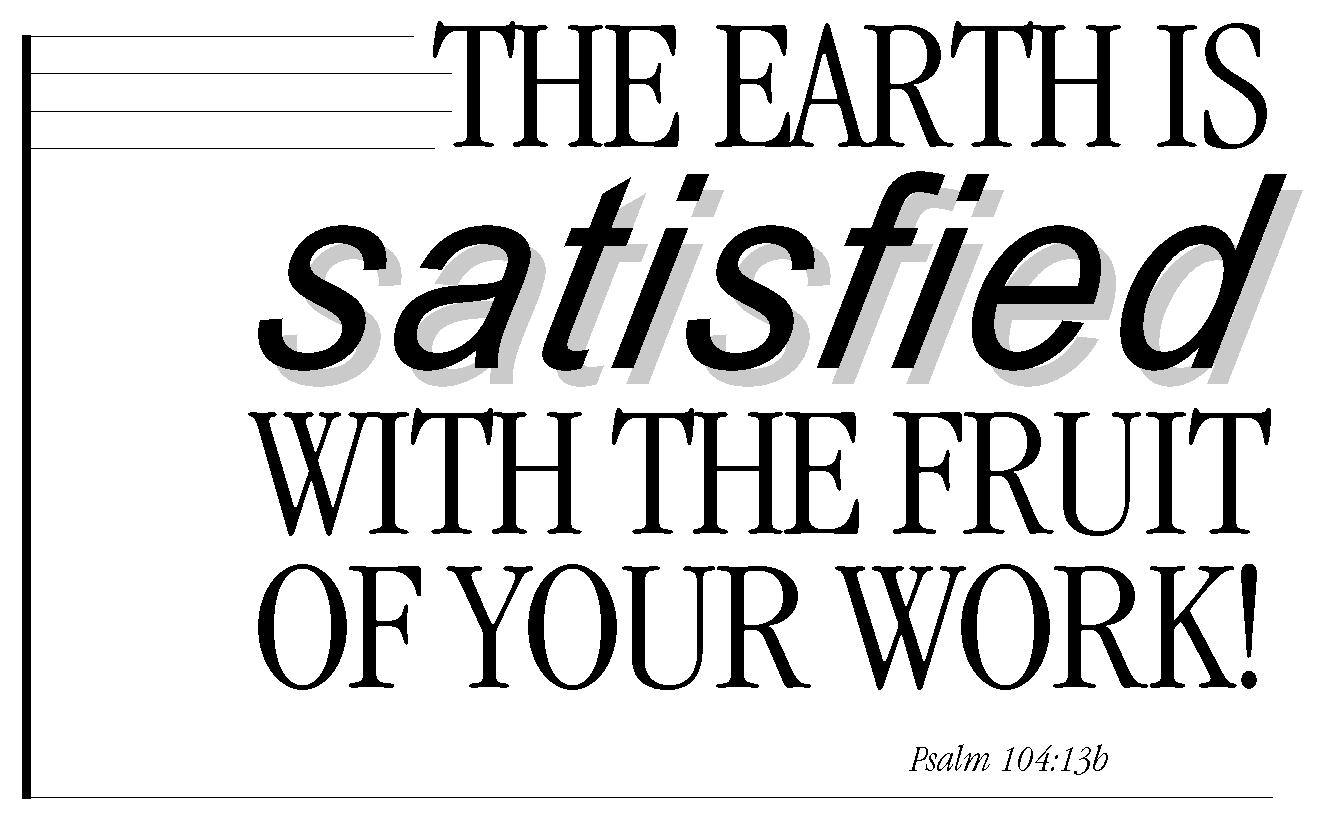 • “Earth’s habitus: A meditation on creation,” a poem
• “Earth’s habitus: A meditation on creation,” a poem 



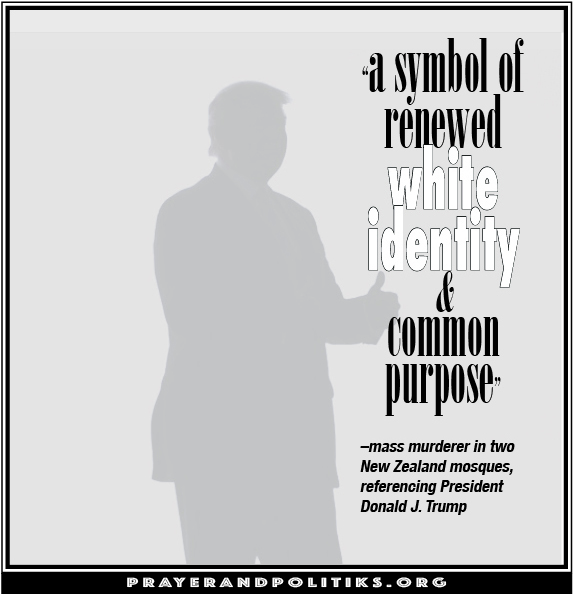 They are now emblems. They are now the new iconography of white supremacy, white nationalist defiance and white cultural defense.” —Charles Blow, “
They are now emblems. They are now the new iconography of white supremacy, white nationalist defiance and white cultural defense.” —Charles Blow, “ said.” —
said.” —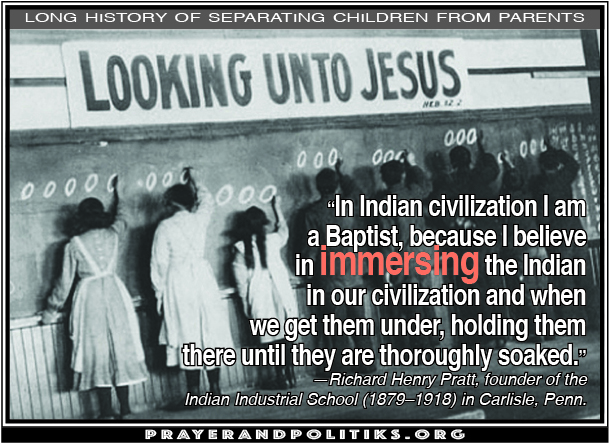 To have a home in Glory! / He whom I fix my hopes upon / To have a home in Glory!” —Robert McFerrin, “
To have a home in Glory! / He whom I fix my hopes upon / To have a home in Glory!” —Robert McFerrin, “ closer look reveals the frond of the fern is formed by 50 silhouettes of Muslims in various stages of prayer. This is the compelling tribute that Pat Campbell, a cartoonist for Australia's Canberra Times newspaper, drew in memory of the 50 people killed in the Christchurch mosque mass shootings.
closer look reveals the frond of the fern is formed by 50 silhouettes of Muslims in various stages of prayer. This is the compelling tribute that Pat Campbell, a cartoonist for Australia's Canberra Times newspaper, drew in memory of the 50 people killed in the Christchurch mosque mass shootings.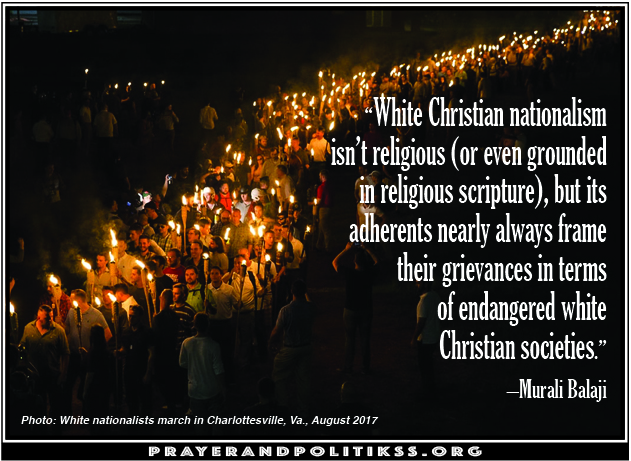 manifesto, “Liberalist/globalist ideology is destroying traditional peoples esp white. No way to counteract without violence. Much blood will have to be spilled to get whitey off the couch.” —quoted in
manifesto, “Liberalist/globalist ideology is destroying traditional peoples esp white. No way to counteract without violence. Much blood will have to be spilled to get whitey off the couch.” —quoted in 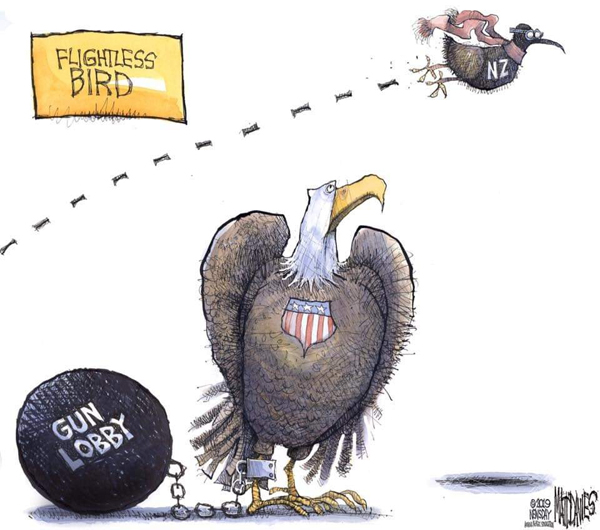 become offensive? Why did I sit in classes teaching me about the merits of our history and our civilization?" —Rep. Steve King (R-Iowa), in comments to the New York Times
become offensive? Why did I sit in classes teaching me about the merits of our history and our civilization?" —Rep. Steve King (R-Iowa), in comments to the New York Times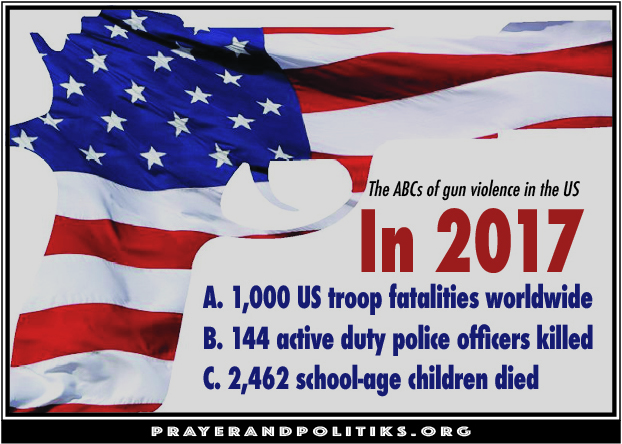 creation: The Apostle Paul’s vision of the ministry of reconciliation
creation: The Apostle Paul’s vision of the ministry of reconciliation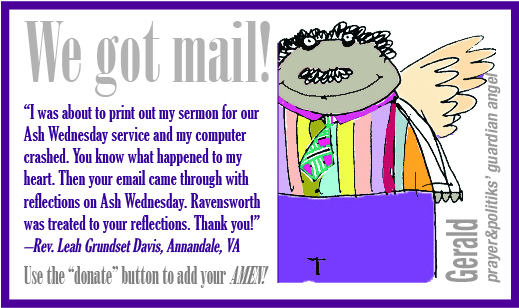 ©Ken Sehested @ prayerandpolitiks.org. Language not otherwise indicated above is that of the editor, as are those portions cited as “kls.” Don’t let the “copyright” notice keep you from circulating material you find here (and elsewhere in this site). Reprint permission is hereby granted in advance for noncommercial purposes.
©Ken Sehested @ prayerandpolitiks.org. Language not otherwise indicated above is that of the editor, as are those portions cited as “kls.” Don’t let the “copyright” notice keep you from circulating material you find here (and elsewhere in this site). Reprint permission is hereby granted in advance for noncommercial purposes.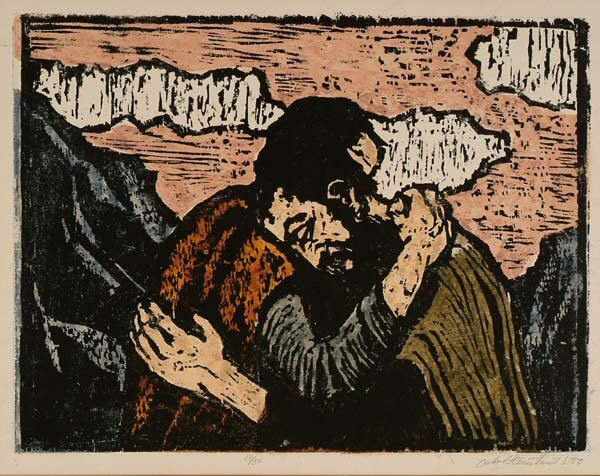 patterns of domination that are diametrically opposed to the new creation that is promised. To be spirit-filled is to live humanly in right-relatedness.
patterns of domination that are diametrically opposed to the new creation that is promised. To be spirit-filled is to live humanly in right-relatedness.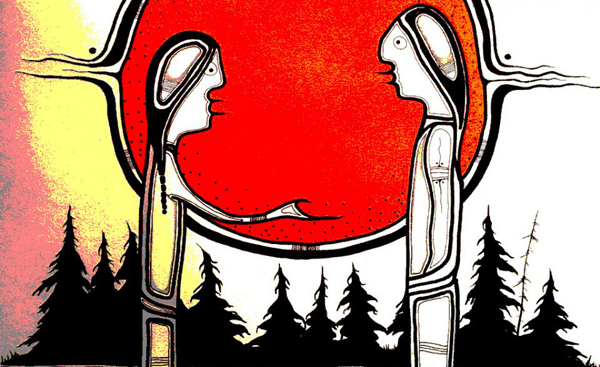 displacement process. As Jesus taught, “the one to whom little is forgiven, loves little” (Luke 7:47). The deeper our reverence for God, the greater our capacity to risk for the neighbor. Resting in God readies us for our rendezvous with earth’s trauma.
displacement process. As Jesus taught, “the one to whom little is forgiven, loves little” (Luke 7:47). The deeper our reverence for God, the greater our capacity to risk for the neighbor. Resting in God readies us for our rendezvous with earth’s trauma. due to resource scarcity, prompting more violent conflict, generating more refugees, justifying more walls; rising tides of nationalism, religiously-sanctioned terror and white supremacy; makers vs. takers, haves-against-have-nots, and ultimately the war of each against all. All these and more generating a social “feedback loop”—each calamity compounding all others, paralleling what climatologists narrate as the key factor in escalating environmental catastrophe.
due to resource scarcity, prompting more violent conflict, generating more refugees, justifying more walls; rising tides of nationalism, religiously-sanctioned terror and white supremacy; makers vs. takers, haves-against-have-nots, and ultimately the war of each against all. All these and more generating a social “feedback loop”—each calamity compounding all others, paralleling what climatologists narrate as the key factor in escalating environmental catastrophe.

 the utility’s faulty equipment.
the utility’s faulty equipment. He was of course named and mourned at the start of the worship service. Every regular attendee knew him by name and also knew of his long struggle with addiction. Though his death was not a direct result of his addiction, neither was it unrelated.
He was of course named and mourned at the start of the worship service. Every regular attendee knew him by name and also knew of his long struggle with addiction. Though his death was not a direct result of his addiction, neither was it unrelated. the Asperger diagnostic scale of mental health disorders. Her symptoms exhibit a “childhood anxiety disorder characterized by an inability to speak and communicate effectively in select social settings.” In a recent interview, Thunberg said, “I have always been that girl in the back who doesn’t say anything. I thought I couldn’t make a difference because I was too small.”
the Asperger diagnostic scale of mental health disorders. Her symptoms exhibit a “childhood anxiety disorder characterized by an inability to speak and communicate effectively in select social settings.” In a recent interview, Thunberg said, “I have always been that girl in the back who doesn’t say anything. I thought I couldn’t make a difference because I was too small.” premium), I muttered “I hope I can find a space.” A few weeks ago I hoped for dry weather when a group in our church helped one of our members move.
premium), I muttered “I hope I can find a space.” A few weeks ago I hoped for dry weather when a group in our church helped one of our members move. of doom to a far horizon where a beatific vision awaits, to what Dr. King spoke of as the dream of a Beloved Community, and to leverage that vision, that dream, in a way that allows us to spot the infrapolitics—“The kingdom of God is within/among you” [17]—of potential rebellion already at work in the world, however disguised to those enslaved by addiction, unheard by those with ears plugged against the melody of a profoundly new future.
of doom to a far horizon where a beatific vision awaits, to what Dr. King spoke of as the dream of a Beloved Community, and to leverage that vision, that dream, in a way that allows us to spot the infrapolitics—“The kingdom of God is within/among you” [17]—of potential rebellion already at work in the world, however disguised to those enslaved by addiction, unheard by those with ears plugged against the melody of a profoundly new future.
 [14] David MacNeal, interviewed by Simon Worrall in
[14] David MacNeal, interviewed by Simon Worrall in 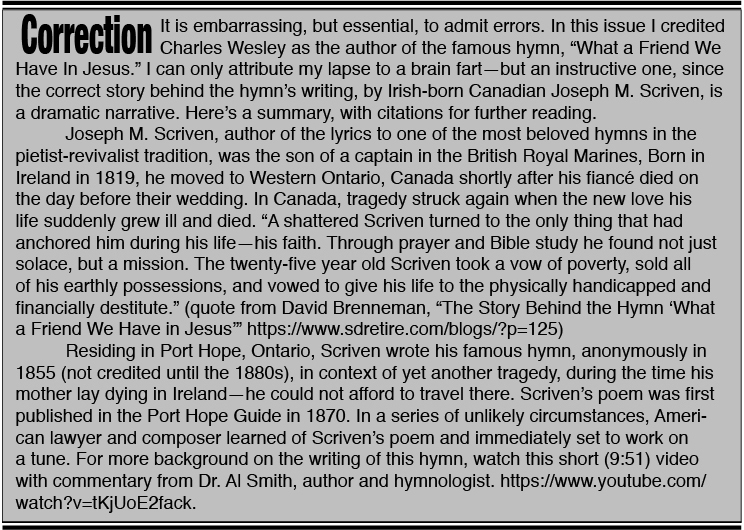

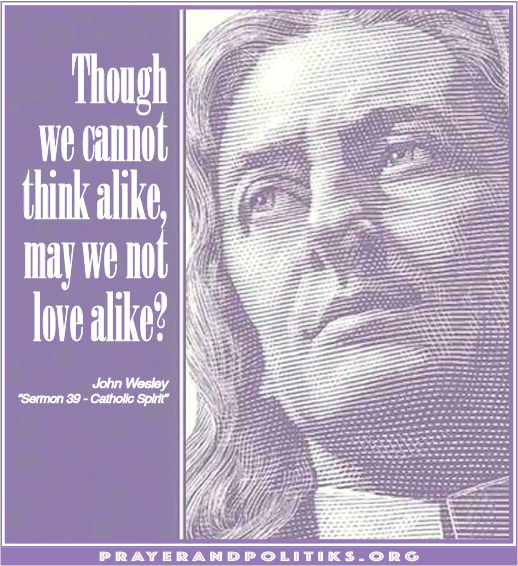 Particularly so when you bring into the picture Charles Wesley, John’s brother. Charles’ hymns are omnipresent; and some would say had a greater influence in actually articulating this pietist-revivalist theological vision.
Particularly so when you bring into the picture Charles Wesley, John’s brother. Charles’ hymns are omnipresent; and some would say had a greater influence in actually articulating this pietist-revivalist theological vision.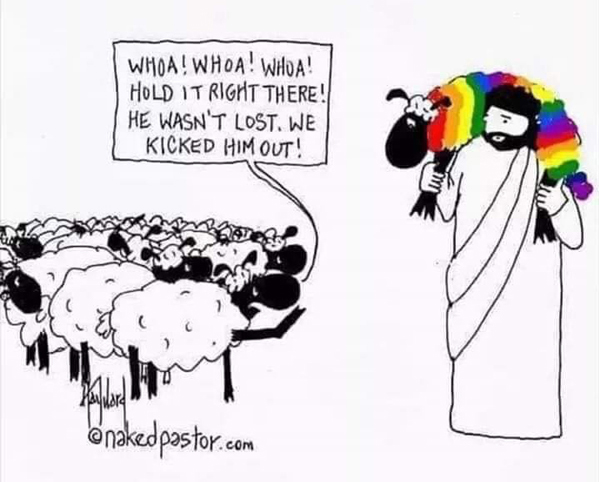 6. Wesley counseled people to “eat a little less than you desire.”
6. Wesley counseled people to “eat a little less than you desire.” Tabernacle, Emmanuel Association, Free Methodist Church, and the Salvation Army.” —David Swartz, “
Tabernacle, Emmanuel Association, Free Methodist Church, and the Salvation Army.” —David Swartz, “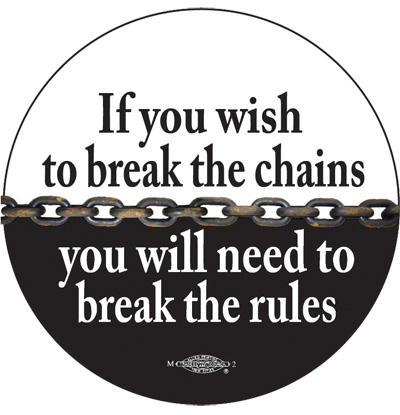 • “Transgender troops make historic first testimony on military ban before House committee.” —
• “Transgender troops make historic first testimony on military ban before House committee.” —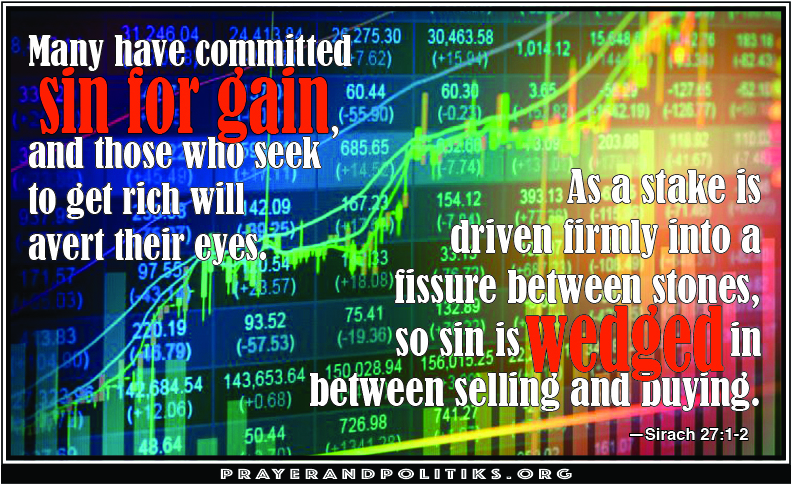
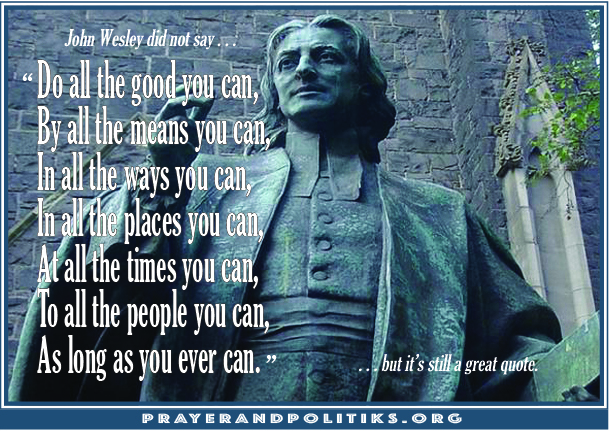 ¶ Additional Wesley quotes
¶ Additional Wesley quotes ies about the piano and how the piano is played. At the end of several months of study and discussion they are very well informed about every aspect of the piano and piano playing. When they sit down at a keyboard they know where all the notes are, but they have no idea how to make music with the instrument they have devoted so much time and energy studying.” —Steven Manskar, “
ies about the piano and how the piano is played. At the end of several months of study and discussion they are very well informed about every aspect of the piano and piano playing. When they sit down at a keyboard they know where all the notes are, but they have no idea how to make music with the instrument they have devoted so much time and energy studying.” —Steven Manskar, “ ¶ Altar call. “Jesus cleanses our hearts, but the world still dictates our bodies.” —Eric Paul, “
¶ Altar call. “Jesus cleanses our hearts, but the world still dictates our bodies.” —Eric Paul, “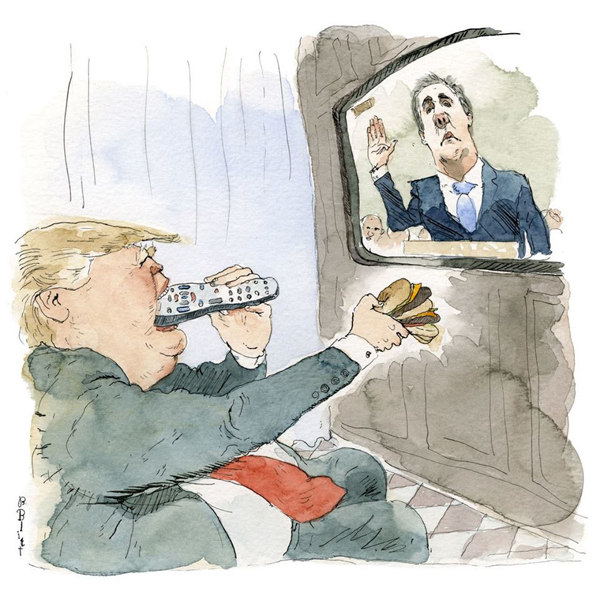 • “
• “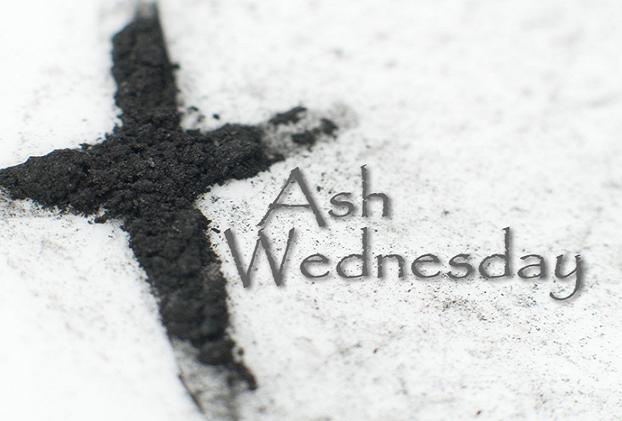 derby, the whole world shaking and rattling and crashing one into the other in a seemingly insatiable quest for supremacy, seized (and self-hallowed) by strength of hand or guile of spirit or deceit of agency.
derby, the whole world shaking and rattling and crashing one into the other in a seemingly insatiable quest for supremacy, seized (and self-hallowed) by strength of hand or guile of spirit or deceit of agency.